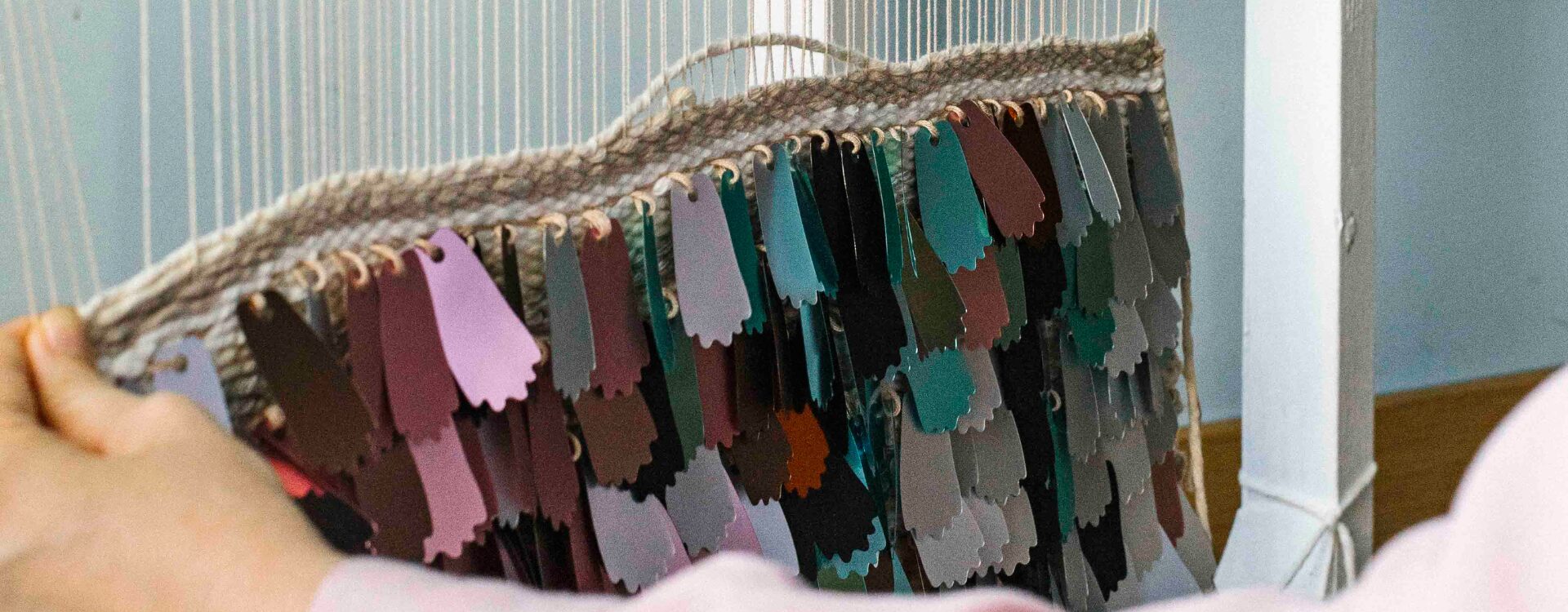«Genealogies are not only about tracing lines of descent; they are also about recognizing the interconnections, the friendships, and the alliances that we forge in the world.
[…]
We will have to learn to live in the cracks of things. In the broken places. It is there, in the seemingly inconsequential and the overlooked, that life thrives. And it is there that we must learn to cohabit with the earth, to share space with what is other than human, to be undone in each other’s presence».
— Bayo Akomolafe, These Wilds Beyond Our Fences (2017)
In 2025, BASE will focus on “making kinships” as an intentional and creative act, moving beyond biological connections to build meaningful relationships among humans, non-human beings, and more-than-human entities.
This exploration aims to rethink relationships from an ecological and intersectional perspective, fostering coexistence and collaboration, where interdependence and alliance replace division and exclusion.
Anna Tsing writes:
«we are never static individuals; from the beginning, we have lived in collaboration with all sorts of beings»¹ , emphasizing that our existence is interwoven with others. This prompts us to view kinship as a network of new connections that include other-than-human creatures and entities with whom we share our ecological space.
This reflection evolved from a year-long program on conviviality, exploring how we inhabit the city, the body, and the planet.
The course on “convivialism” stemmed from a direct connection with Milan’s housing emergency, which mirrors global instability and social fragmentation.
Worldwide, social ties have frayed, while biological kinship has fueled ethnic and religious conflicts, stressing the need for relationships that transcend historical and ideological “othering,” which dehumanizes the perception of others in society.
Making kinship represents an invitation to rethink how we relate across generations and genders.
BASE will explore alliances based on shared choices, affinities, and mutual sensitivities rather than familial or speciesist ties. This approach builds kinships² on care and the recognition of differences, forging intergenerational and intersectional networks to challenge traditional hierarchies and oppressions.
The new kinships BASE proposes are acts of creative resistance, aiming to dismantle the exclusivity of biological ties and create bonds of choice and co-creation.
¹ Anna Lowenhaupt Tsing, The Mushroom at the End of the World. On the Possibility of Life in Capitalist Ruins, 2021.
² The concept of “making kin” is strongly associated with the work of feminist scholar Donna Haraway, particularly in her essay Staying with the Trouble: Making Kin in the Chthulucene (2016). Haraway uses “kin” to rethink relationships beyond traditional family ties, advocating for new forms of connection and care between humans, non-human beings, and more-than-human entities.
